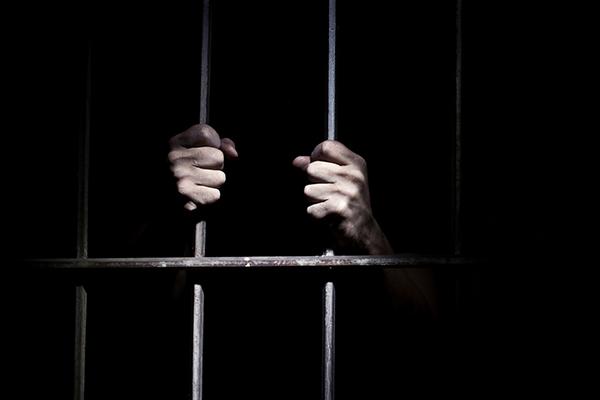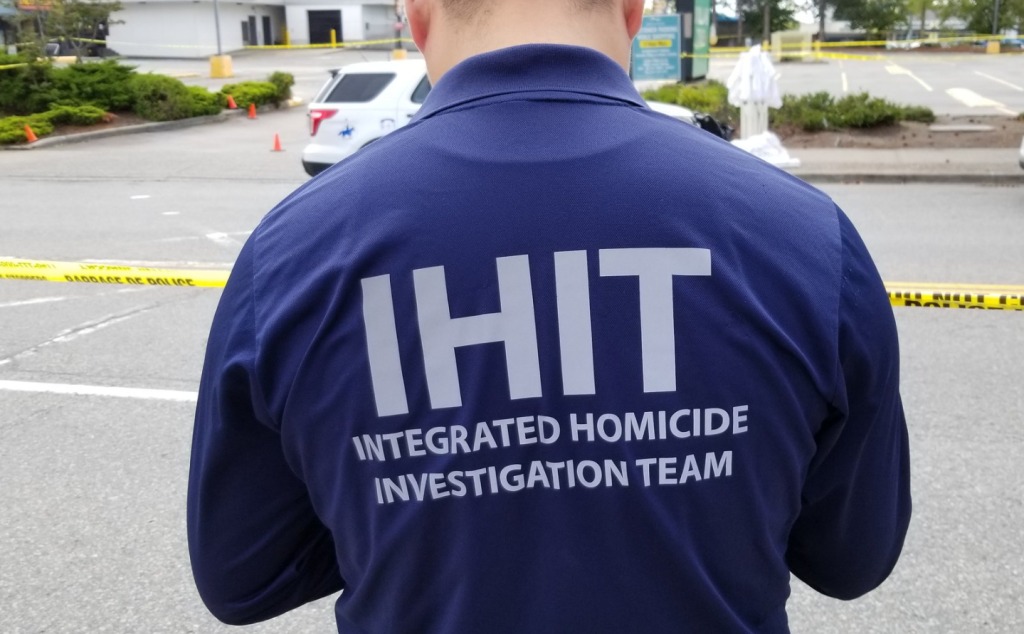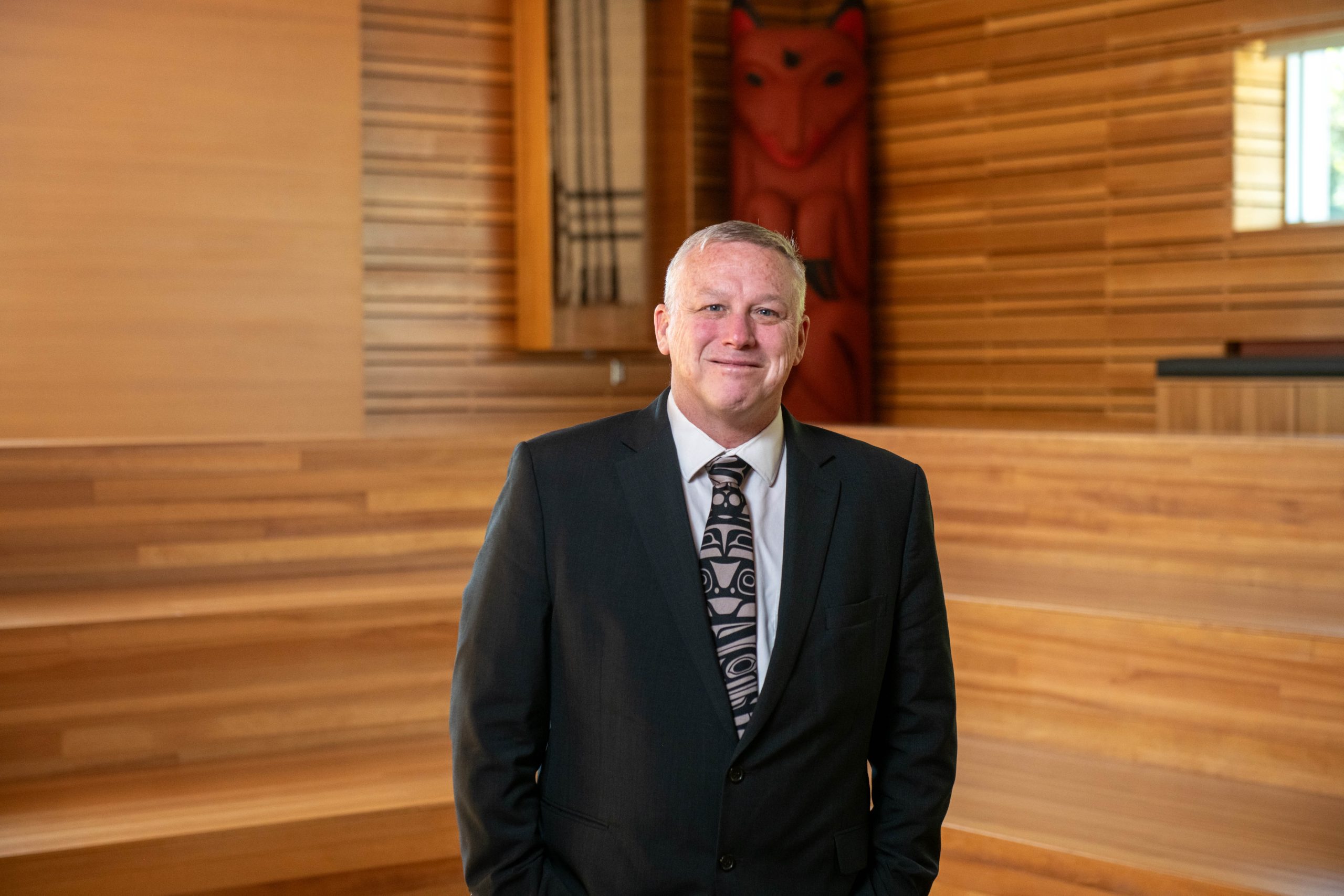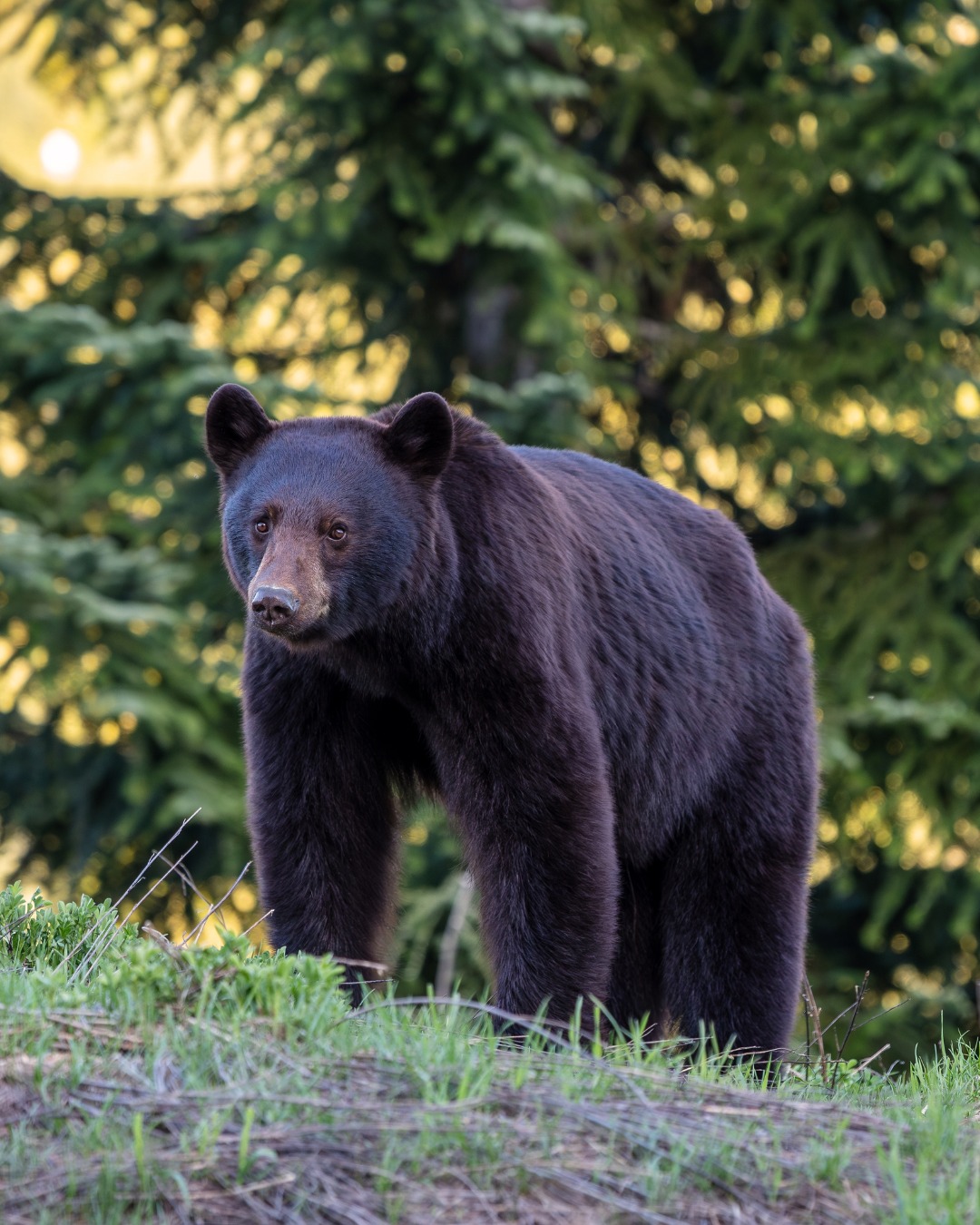Vancouver (With files from the BC Civil Liberties Association) – UPDATE – The BC Civil Liberties Association (BCCLA) and John Howard Society of Canada (JHSC) won their court case challenging the use of solitary confinement in Canada’s federal prisons. The B.C. Supreme Court’s decision means an end to the practice of indefinitely isolating inmates in federal prisons across Canada.
Jay Aubrey, staff lawyer at the BCCLA, stated: “This is the most significant prison law decision from a trial court in Canadian history. It is a stunning decision that is grounded in four decades of history, and the best social science and medical evidence on the impact on inmates health of solitary confinement, and alternatives to solitary confinement.”
Caily DiPuma, Acting Litigation Director for the BCCLA, reacts: “Today is a landmark moment for prison justice in Canada. For decades, prisoners have suffered terribly in solitary confinement cells. Isolated for up to 23 hours a day, sometimes for months and years at a time, they have been harmed physically, mentally and spiritually. Today’s victory belongs to them, to their families and to everyone inside and outside of prison who fought tirelessly to end this unconstitutional and deeply harmful practice.”
ORIGINAL STORY – On Wednesday at 11 AM PT, January 17, 2018, the B.C. Supreme Court will issue its decision in a case brought by the B.C. Civil Liberties Association (BCCLA) and John Howard Society Canada (JHSC). The lawsuit challenges the use of solitary confinement in federal prisons across Canada.

In Canada, one out of every four prisoners in the federal prison system has spent some time in solitary confinement, isolated for up to 23 hours a day for months and sometimes years at a time. The lawsuit, filed by the BCCLA and JHSC in 2015, alleges that the use of solitary confinement, also known as “segregation,” amounts to cruel and unusual punishment that leads to prisoner suffering and deaths and is discriminatory against both mentally ill and Indigenous prisoners.
In the Fraser Valley, there are a number of Provincial and Federal institutions including Ford Mountain(Provincial), Mission, Matsqui, Mountain and Kent (All Federal).
Numerous studies have documented the negative effects of long-term solitary confinement. These include psychosis, hallucinations, insomnia and confusion. Solitary confinement can create mental illness where none previously existed, or exacerbate pre-existing illness. It is a risk factor for prison suicide, as the tragic and preventable deaths of Ashley Smith and Edward Snowshoe make clear. The BCCLA and JHSC argue that there are better, more humane alternatives to solitary confinement that promote rehabilitation and decrease prison violence.
A 9 week trial was held over the summer of 2017. The BCCLA and JHSC presented expert evidence of the need for human contact, and the psychological and physical harm that occurs when a person is deprived of it. The Court also heard from numerous witnesses who had experienced solitary confinement including Bobby Lee Worm, a Cree woman, who spent 747 consecutive days in solitary confinement.
Caily DiPuma, Acting Litigation Director for the BCCLA, stated: “The problems with solitary confinement have been clear for decades with no real government action. People have suffered terribly and needlessly. We are hopeful that tomorrow’s decision will put an end – once and for all – to the unconstitutional isolation of prisoners in solitary confinement.”






